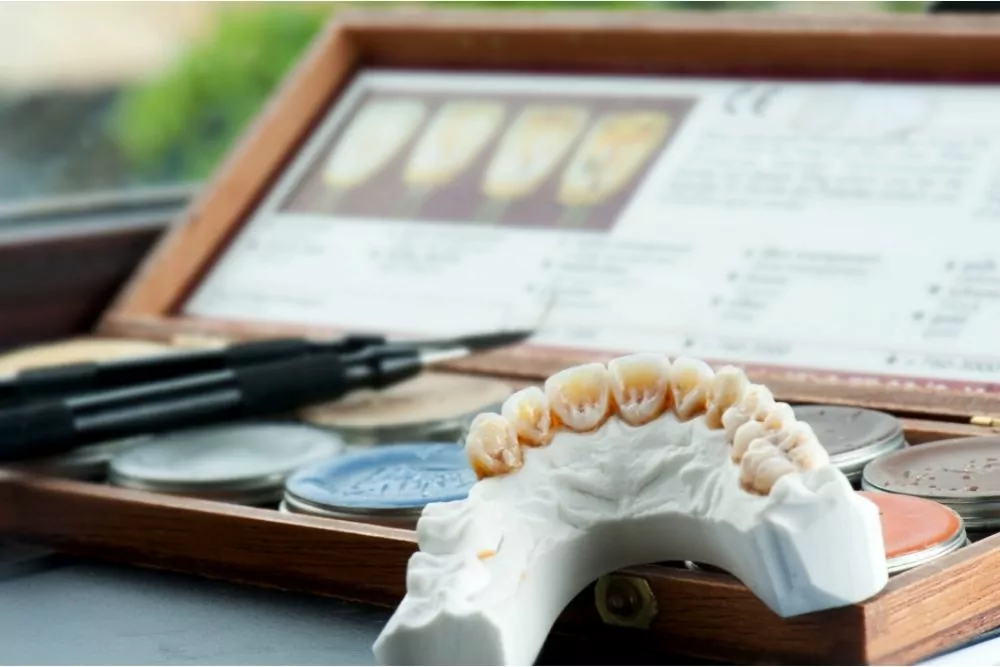You may be aware that you need a dental crown, a cap that can cover the space where a large cavity was, to hold together a tooth that has been fractured, or to protect the tops of teeth from being further damaged (due to grinding them while you sleep or because of a bite misalignment).
You might have hesitated to have one or more placed because you realize there will be some dietary restrictions while the crown becomes completely attached. This can take 2-4 weeks before you can go back to your regular diet, but there are a lot of foods that you can safely eat in the meantime and not feel deprived. In general, you want to avoid eating anything for a couple of hours and avoid hot and cold foods and drinks for the first week, since they may interfere with the bonding process and will make your teeth very sensitive after treatment.

That said, you can indulge yourself with these foods starting the first evening after the crown is in place:
Dairy foods are high in protein that helps healing, including milk (or alternatives), yogurt, kefir, cottage cheese and other soft cheeses. However, avoid any of these that is high in sugar, since periodontal bacteria can turn this into a sticky film called plaque that harms teeth and gums, even getting under the crown.
Eggs in any form (also high in protein).
Smoothies without ice or frozen fruits and meal replacement drinks left at room temperature (but no frozen milkshakes).
Berries and melons (but avoid apples and other hard fruits, unless baked; dried fruits are best not eaten during this transition period).
Cooked vegetables, soups, and stews without anything that requires a lot of chewing or is hard (especially bones).
Noodles and pasta, which are not only soft, but filling, so you are not tempted to eat too often and put at risk the process of letting the crowns settle in (ideally, eat whole grain versions, since complex carbohydrates digest slowly, giving you a sense of fullness and energy for many hours, while avoiding refined pasta that quickly turns into a simple sugar, leading to exhaustion and attracting bacteria on the teeth and gums).
Cooked beans and legumes (peas, chickpeas, lentils, soybeans, etc.).
Meats and fish that are easy to chew, such as tuna.
Hummus, nut butters, guacamole, and other dips.
Avoid nuts, seeds (which can get stuck in crowns), candy that is hard or sticky, and chewing on ice cubes.
The temporary inconvenience of having a crown is offset by the fact that, properly cared for, crowns can last 10-15 years or more.
